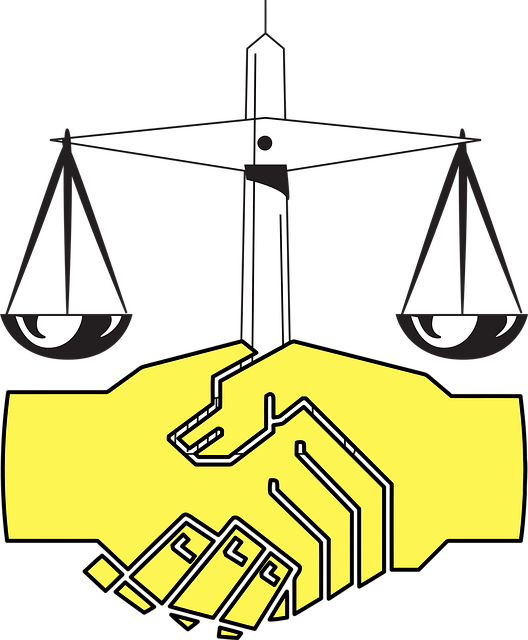Navigating healthcare compliance involves understanding and adhering to legal issues like securities class actions, HIPAA, and Anti-Kickback Statute. Skilled defense teams protect clients from complex cases, fostering accountability. Increased scrutiny from lawsuits drives stricter compliance, transparency, and internal controls, influencing legislation against misconduct.
Securities class actions play a pivotal role in safeguarding investors’ rights, especially within the intricate landscape of healthcare. This comprehensive guide delves into the essence of securities class actions, offering a detailed understanding of their mechanism and impact on the healthcare industry. We explore ‘Navigating Healthcare Compliance: Legal Issues and Best Practices’, analyzing key considerations for entities to ensure adherence to regulatory mandates. Furthermore, we examine how these class actions shape industry regulations, underscoring the importance of proactive legal strategies in an increasingly scrutinized healthcare sector.
- Understanding Securities Class Actions: A Comprehensive Overview
- Navigating Healthcare Compliance: Legal Issues and Best Practices
- The Impact of Class Actions on Healthcare Industry Regulations
Understanding Securities Class Actions: A Comprehensive Overview

Navigating Healthcare Compliance Legal Issues often involves understanding complex securities class actions—a powerful tool for investors who’ve suffered losses due to corporate misconduct. These legal battles centre around allegations of false or misleading statements made by companies, particularly in the healthcare industry, where transparency and accuracy are paramount. Class action lawsuits provide a platform for affected investors to band together and hold culpable parties accountable.
Securities class actions offer a structured approach to achieving extraordinary results for both corporate and individual clients. Skilled legal teams dedicated to white collar defense play a pivotal role in navigating these intricate cases, ensuring their clients’ rights are protected. By aggregating claims from numerous investors, these lawsuits can result in substantial settlements or verdicts that otherwise might have remained unaddressed, fostering accountability and potentially preventing future violations.
Navigating Healthcare Compliance: Legal Issues and Best Practices

Navigating Healthcare Compliance involves a complex web of legal issues designed to ensure ethical practices in an industry that impacts every aspect of our lives. As high-stakes cases continue to emerge, corporations and individuals must be vigilant in adhering to stringent regulations. This includes understanding and complying with laws such as HIPAA, which protects patient data privacy, and the Anti-Kickback Statute, which prohibits certain forms of compensation and referral practices.
Best practices for navigating healthcare compliance include implementing robust internal controls, conducting regular training sessions for employees on legal updates, and fostering a culture of ethical behavior at all levels. An unprecedented track record of successful defense in securities class actions underscores the importance of proactive measures. By prioritizing legal issues early and often, companies can mitigate risks, avoid costly litigation, and protect their reputation among corporate and individual clients.
The Impact of Class Actions on Healthcare Industry Regulations

Navigating Healthcare Compliance Legal Issues has become increasingly complex due to the heightened scrutiny of class actions targeting the industry. These high-profile lawsuits, often involving massive settlements, have far-reaching implications for healthcare providers and manufacturers. The impact extends beyond financial consequences; they shape regulatory landscapes by prompting stricter compliance measures.
Class actions related to healthcare often center around allegations of fraud, misrepresentations in marketing, or violations of patient privacy laws. As a result, the industry is driving towards more robust internal controls, enhanced transparency, and stricter data security protocols. Moreover, these legal issues have influenced legislative efforts, leading to the enactment of stringent regulations aimed at curbing misconduct and protecting patients’ rights—a testament to the significant role class actions play in reshaping the healthcare sector’s legal and compliance framework, including the realm of white collar defense against white collar and economic crimes.
Securities class actions significantly shape the landscape of navigating healthcare compliance, particularly in addressing legal issues. As seen throughout this comprehensive overview, understanding these actions is vital for the healthcare industry to ensure robust regulations and best practices. By staying informed about the impact of class actions, industry leaders can proactively manage risks, foster transparency, and uphold ethical standards, ultimately contributing to a more resilient and compliant healthcare sector.






